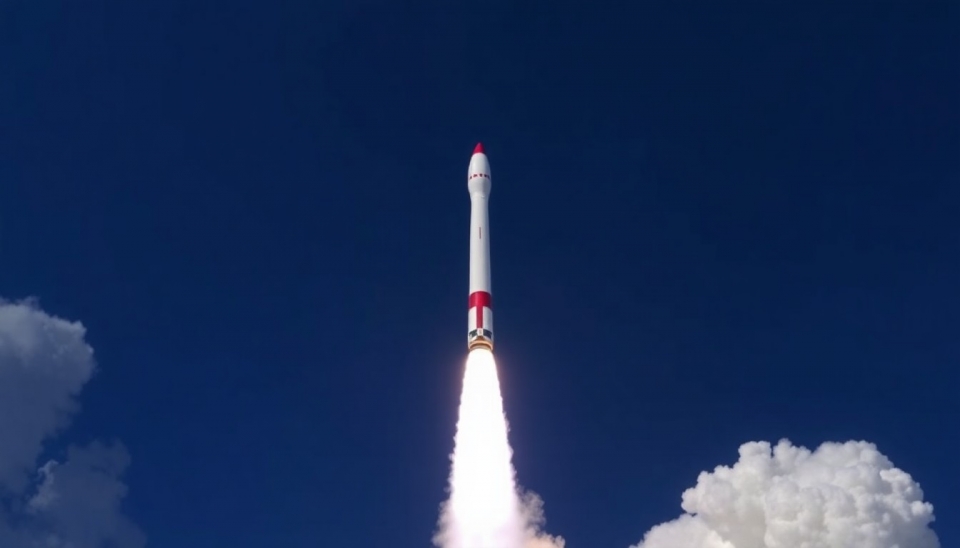
In a groundbreaking move, China has officially launched a new rocket designed to bolster its satellite communications capabilities, marking a significant step in its effort to rival SpaceX's Starlink network. The rocket, known for its advanced technologies, is poised to enhance China's position in the burgeoning global satellite internet sector.
The launch took place on February 10, 2025, from the Xichang Satellite Launch Center in Sichuan province. Officials have touted this rocket as a key player in China's ambition to develop a robust satellite constellation that can deliver high-speed internet services across the globe, essentially aiming to bridge the digital divide in underserved areas.
China's ascent in the satellite communication arena comes as Elon Musk’s Starlink continues to expand its reach worldwide, providing internet services in numerous countries and capturing significant market share. Chinese officials have emphasized their goal is not just to catch up with the existing market leaders but also to innovate and offer unique services that can cater specifically to their domestic audience while also exploring international markets.
The new rocket is said to utilize cutting-edge technologies that could potentially enhance launching capabilities and reduce costs. This is crucial in an industry where launches must be economically viable to allow for frequent deployment necessary for a substantial satellite network. Additionally, the rocket's design reportedly prioritizes increased payload capacity, permitting a larger number of satellites to be deployed in a single mission.
Industry analysts believe that with this launch, China aims to establish a more formidable presence in the satellite communications market. The strategy includes leveraging state support as well as attracting private investments to bolster domestic manufacturing and technological innovation in satellite development.
China has already made significant progress with its BeiDou Navigation Satellite System, and the new rocket will further complement its capabilities. The country's focus on advancing its aerospace sector is seen as a critical component of its broader economic strategy, positioning itself as a leader in high-tech industries.
In response to this development, SpaceX has continued to expand its operations, with plans for further launches and enhancements to its Starlink service. The competition in the satellite internet market is expected to heat up, leading to faster and more reliable internet options for consumers globally.
As the dynamics of global internet connectivity evolve, all eyes will be on how these two key players—China with its new rocket initiative and SpaceX with its established Starlink—navigate this critical landscape. The rivalry may not only influence pricing and services but could also set the stage for future technological advancements in the aerospace and telecommunications fields.
The stakes are high, and the outcomes uncertain, but one thing is clear: the race for global satellite internet supremacy is far from over.
#China #SpaceX #Starlink #satellite #internet #technology #rocket #innovation #spaceindustry
Author: Emily Collins




